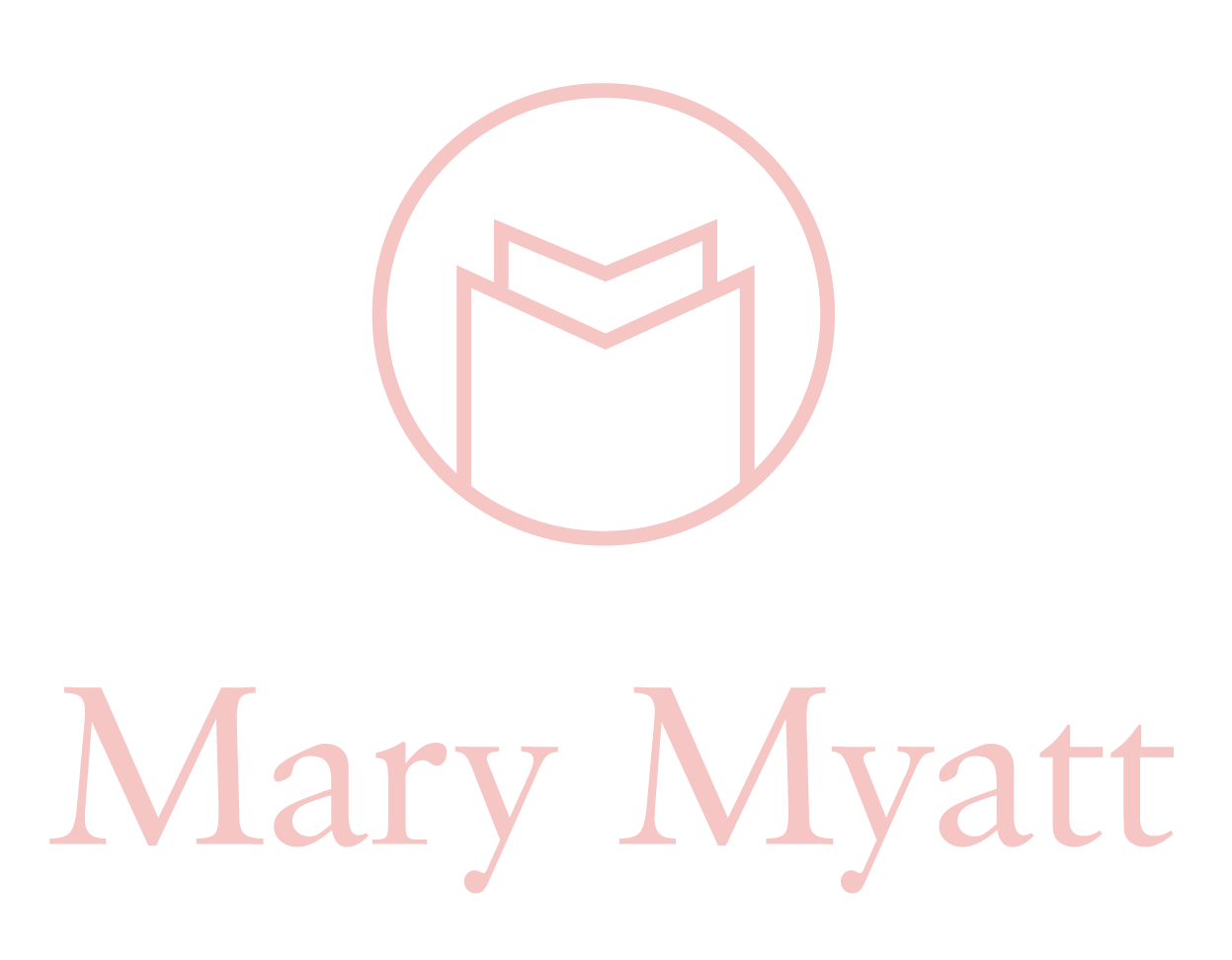How rich vocabulary helps pupils to learn the curriculum
Helping pupils to learn well is obviously important, otherwise we are likely to be wasting our time.
There are some ways that are more effective than others. It turns out that if we identify the big ideas and concepts and teach children these, then they are likely to know more, remember more and be able to do more, over time.
It also says in the quality of education judgement in the school inspection handbook that pupils are learning well when ‘teachers consider the most important knowledge or concepts and focus on these’.
The concepts and big ideas are generally tier three vocabulary. They are the gateways into the individual subjects. If we want pupils to know more and remember more, it’s worth spending time teaching them, talking about them, and showing them in lots of different contexts.
It is important to do this, because most of the conversations in classrooms use tier one and tier two vocabulary. There is nothing wrong with this, however it does mean that it’s important for pupils to have the chance to talk about and explore these. A rich vocabulary is likely to lead to better outcomes for all pupils, and particularly for those who might not be exposed to them outside school.
Where is the best place to start finding these lovely words? There are two main sources: the starting point is national curriculum documents for each subject. In the purpose statements at the start of the programmes of study the big ideas and concepts are set out for each subject. I wrote about how concepts help pupils learn here.
And the second place to find them is in high quality texts. When we work in this way, we are increasing the odds of our pupils knowing more, remembering more and being able to do more.
It can be tempting to think that pupils will struggle with these big words. But it turns out that they enjoy learning them!
Find out what pupils have to say in this short film on Myatt & Co.

